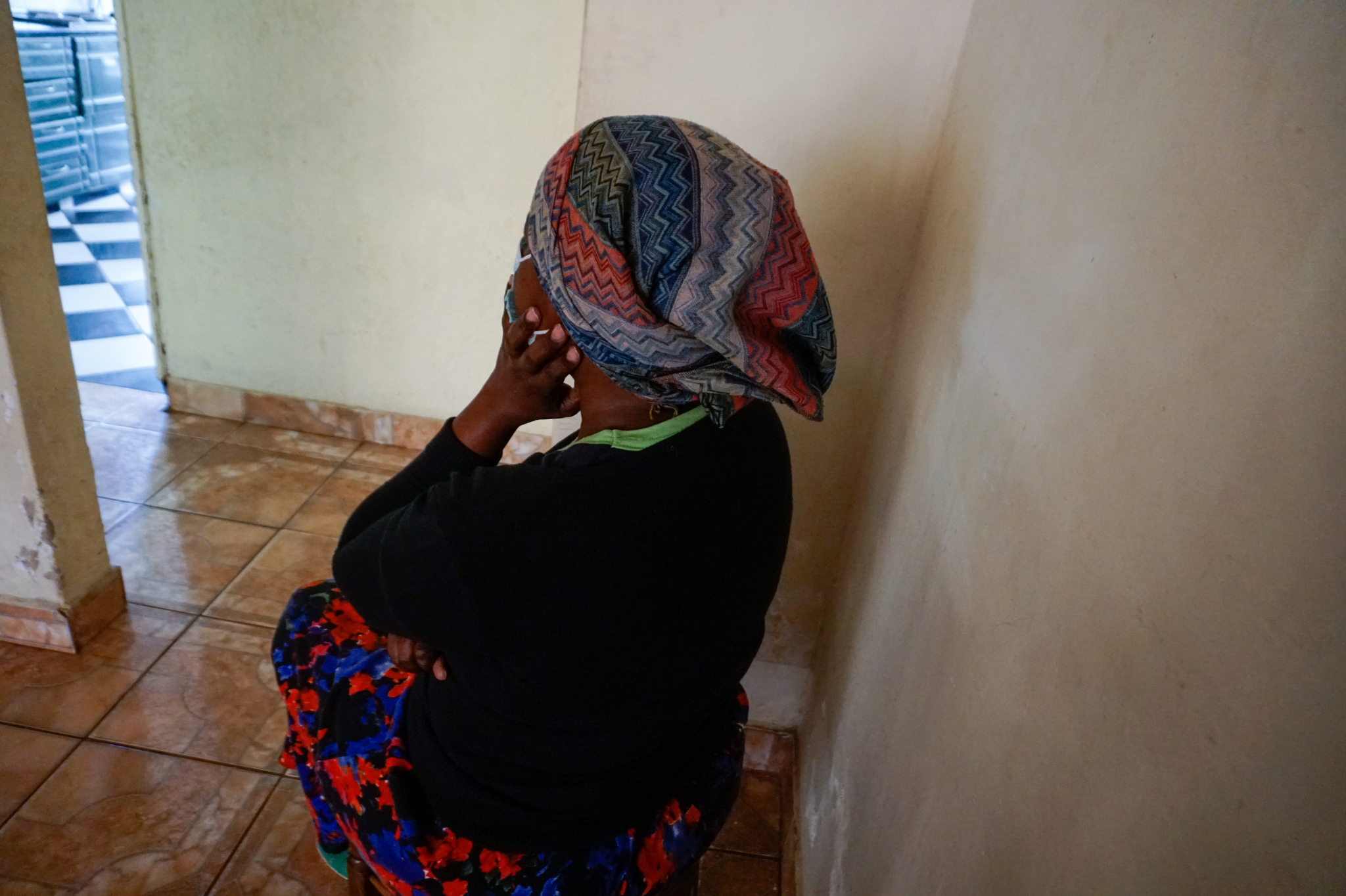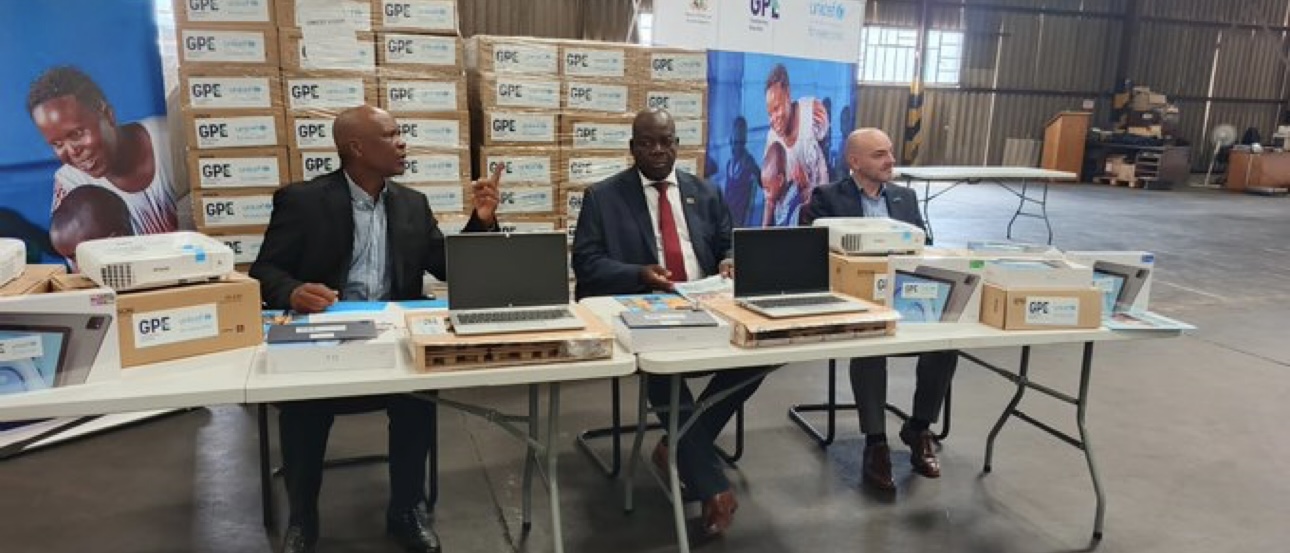BY GAMUCHIRAI MASIYIWA AND VIMBAI CHINEMBIRI
Tariro remembers hearing a sudden bang on her kitchen door, the kind that produces shivers.
She peeked through the window and saw 10 men armed with iron crowbars. They wanted to enter.
The 54-year-old ran into her bedroom shouting “mbavha,” Shona for thieves, as the men knocked down the door.
“They tied my mouth with a top I was wearing before bathing and said that I should cooperate, or they would kill me,” said Tariro, who asked to use only her middle name out of fear of being targeted again.
They found $700 in her church uniform, as if they knew exactly where to look. Then they left.
Tariro believes the robbers came after her because she used to work at a non-governmental organisation and earned United States dollars.
“They assumed I had a lot of money in my house,” she said, still shaking at the memory.
Her decision to hoard cash stems from Zimbabwe’s cratering economy and rapid currency changes over the past two decades that have decimated the country’s monetary system and made keeping money under the bed more palatable than putting it in the bank.
Not only has such stockpiling affected Zimbabweans’ ability to grow a savings account, it also has made an increasing number of people targets for robberies.
In 2009, Zimbabwe introduced a multicurrency system that made it possible for residents to use the US dollar, the South African rand and other currencies.
But inflation rose so much that, a decade later, the government returned to the local currency.
Officials introduced a separate account to deposit foreign currency, but all bank balances that held US dollars were converted into Zimbabwean dollars (ZWL).
Nearly overnight, people’s money was worth much less.
Zimbabweans like Tariro stopped trusting banks.
Fearing additional changes in policy, many people started keeping their foreign currency — which depreciates slower than the ZWL — at home.
“There’s no incentive to keeping money in the bank,” said Farai Mutambanengwe, founder and executive officer of the Small and Medium Enterprises Association of Zimbabwe, a lobbying organization that promotes access to markets.
As a pandemic measure, the government started allowing official transactions in foreign currency again in March 2020.
But residents remain wary of unpredictable fluctuations.
Even those paid through the banking system distrust it.
Some prefer to buy foreign currency on the black market to preserve the value of their money.
Harrison Dumba, who works as a chef at a local restaurant, says he gets paid in local money through a bank transfer but immediately buys US dollars on the black market because they don’t lose value as quickly.
“I do not see the benefit of keeping my money in the bank,” said the 36-year-old. “It can lose value while you think you are saving money.”
The coronavirus has caused even further economic hardship, as lockdowns and decreased travel affect jobs.
The Zimbabwe Republic Police national crime office recorded nearly 3,500 robberies last year.
Between January and March of this year, police had already counted more than 2,300 burglaries.
The US Department of State has pointed to money stuffed in pillows and pockets as a motivator for robberies.
“Criminals have specifically targeted businesses and residences known to house or store large sums of cash,” according to an April 2020 safety report.
Zimbabwean officials acknowledge the rise in crime but play down its connection to a flailing monetary system.
Ruth Mavhungu-Maboyi, deputy minister of Home Affairs and Cultural Heritage, attributed the surge in violence to an increasing availability of guns and a lack of police vehicles.
She points to a spate of recent arrests — including those of seven suspects in recent burglaries — as signs that authorities are working to curb crime. But she also emphasizes the need for residents to trust banks.
“Does keeping your money at home really bring something?” she said. “Instead, it can get stolen. Encouraging people to keep money in the banks is an issue of safety.”
The uptick in crime hasn’t had only financial consequences; it’s had psychological ones.
Since the attack in her home, Tariro finds it hard to trust people.
“My life has not been normal since then,” she said.
She has rented her house out to other families, so she doesn’t have to live alone.
She panics when dogs bark. And she spends money immediately because she doesn’t feel comfortable saving it anymore. – Global Press Journal

 Slider3 years ago
Slider3 years ago
 National4 years ago
National4 years ago
 Tourism and Environment4 years ago
Tourism and Environment4 years ago
 Special reports4 years ago
Special reports4 years ago
 Opinion4 years ago
Opinion4 years ago
 National4 years ago
National4 years ago
 National3 years ago
National3 years ago
 National3 years ago
National3 years ago



